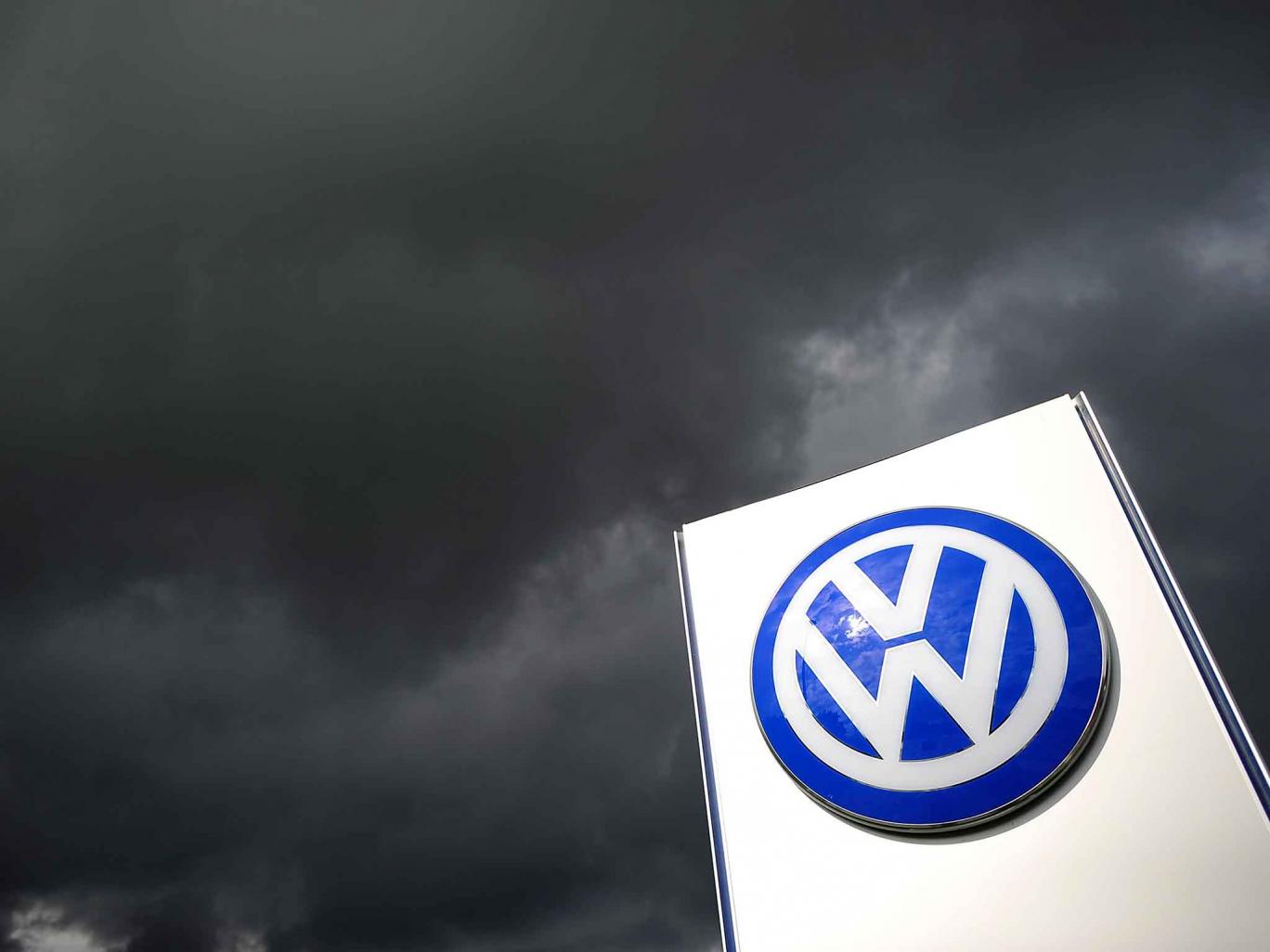Volkswagen’s Dieselgate crisis was a turning point.
First and foremost, it dramatically reduced demand for diesel vehicles. Remember how Volkswagen had to cheat on emissions tests because it couldn’t find legit ways to bring diesels in line with stricter cleanliness standards? Yeah, everyone else noticed too, and that made a lot of folks wonder why we’re still using such an inherently dirty technology. Even in Germany–Volkswagen’s home turf and arguably the most diesel-friendly place on Earth–sales have hit the skids.
Second, Dieselgate has had an effect on gasoline-powered vehicles. It’s more subtle–harder to perceive than the doom and gloom surrounding diesels. But ultimately, Dieselgate highlighted the problems associated with fossil fuels, and that, in turn, has moved governments around the globe to support legislation that encourages consumers to buy hybrid and electric vehicles.
That’s great news for shoppers and for the atmosphere, but less so for other parties. The Guardian has posted a follow-up story about the crisis, which includes some especially dire predictions for the UK auto industry. Here’s a lengthy excerpt:
Diesel is a dirty word among car buyers following the so-called dieselgate scandal in 2015, when it emerged that Volkswagen had cheated regulators and misled customers by using software to suppress emissions of nitrogen oxide during vehicle tests. Since the scandal erupted, carmakers have rushed towards production of “cleaner” electric cars.
The sector is fighting on several fronts – financial, environmental and regulatory. But experts believe even tougher times may be lurking around the corner. Professor Karel Williams at Manchester University believes Britain could end up a net loser in this game-changing shift from fossil fuels to cleaner exhausts.
He also identified three potential big winners: “First are the platform guys, like Google and Uber [which are developing self-driving cars] who will reduce car manufacturers to the status of white-goods producers,” he said. “Second, and the most likely winner, is China. Soon, the electric car, like your mobile phone, will come from China.
“Third are the existing big guns of the industry – the likes of Volkswagen, Nissan and Toyota – because they have the production capability and financial clout to pull through.
“The worrying thing for Britain is that we have no real strong connection to any of those in pole position for this future inheritance. Nissan in Sunderland is the exception, because all the rest [of the UK-based car manufacturers] are piddling in volume terms. We are basically a market.”
